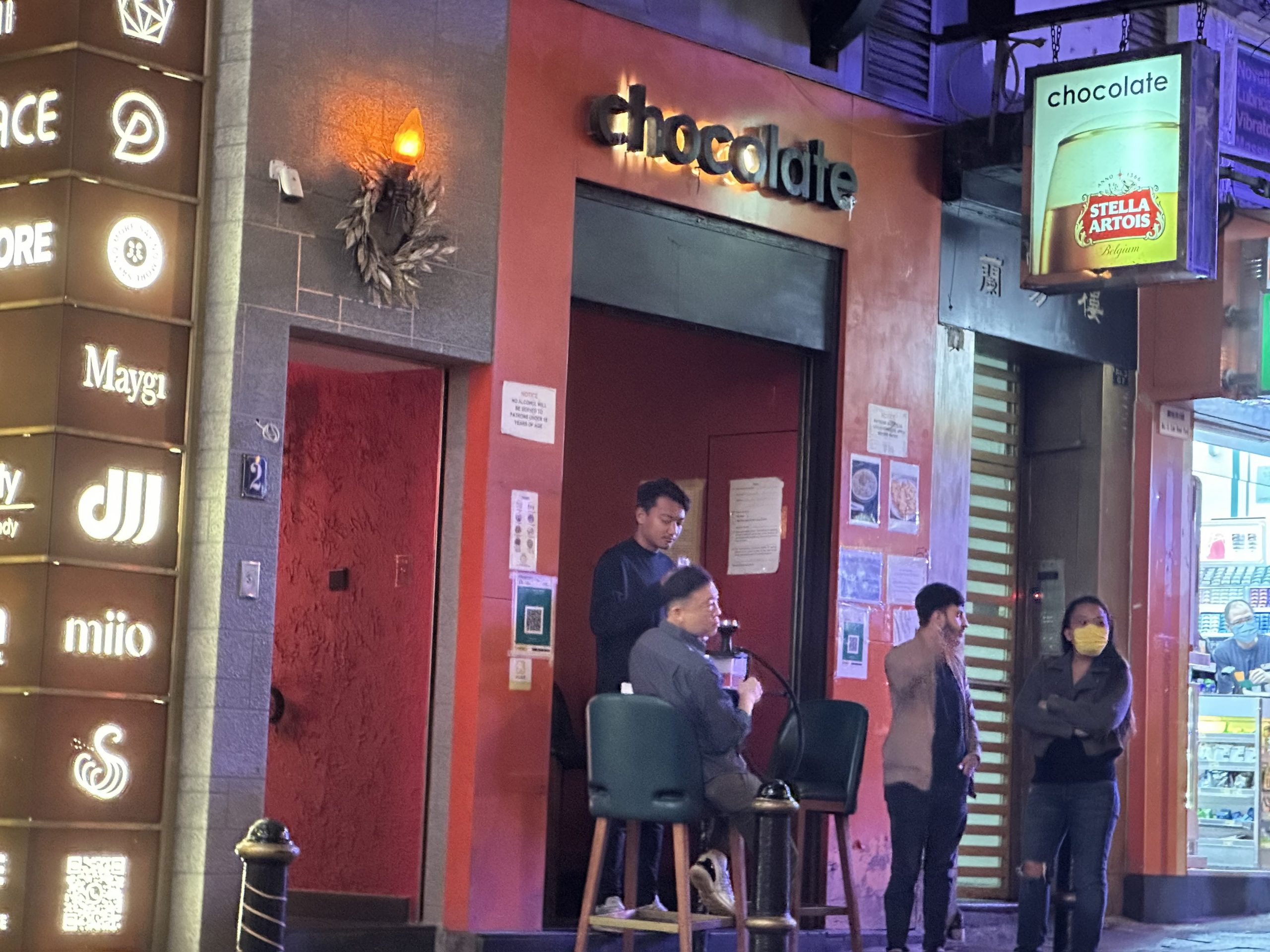Friends, let’s talk reality. The Easter holiday buzz in Hong Kong? Nonexistent. That’s the brutal assessment from Hong Kong Caterers Association Chairman Huang Jiahe, and frankly, it’s not shocking. We’re looking at a devastating 30% drop in business across the board, and for some of the city’s fancier establishments, it’s a whopping 40-50%!

Photo source:tyr-jour.hkbu.edu.hk
This isn’t just a blip. It’s a clear sign of shifting sands. While everyone expected a dip, this is deeper than predicted. The exodus of Hong Kong residents traveling abroad is a HUGE factor, especially during peak seasons.
Let’s break down why this matters. Firstly, mainland China doesn’t recognize Easter as a public holiday, meaning the usual influx of high-spending tourists simply hasn’t materialized. We’re seeing far more people leaving Hong Kong than coming in.
It’s the high-end restaurants feeling the pinch the most – those are the places frequented by families taking those overseas trips. However, even everyday eateries like cha chaan tengs and fast-food joints are feeling the heat, though to a lesser extent.
But here’s the kicker: the ‘Northbound Consumption’ trend is gaining serious momentum. More and more Hongkongers are choosing to spend their money on the mainland, and honestly, why wouldn’t they? The industry is bracing for a prolonged period of struggle, and frankly, optimism is in short supply.
Understanding Consumer Spending Shifts:
Consumer behavior is incredibly dynamic. Several factors, like travel accessibility, exchange rates, and overall economic sentiment, all nudge spending patterns. The current situation highlights an increased preference for outbound travel.
The Power of Mainland Consumption:
The appeal of mainland China is multifaceted. Competitive pricing, diverse offerings, and enhanced convenience are drawing consumers north. This has substantial consequences for local businesses.
Impact on Different Restaurant Segments:
High-end restaurants are more vulnerable to discretionary spending cuts. Meanwhile, affordable options like fast food may prove more resilient, but still face challenges from overall market conditions.





